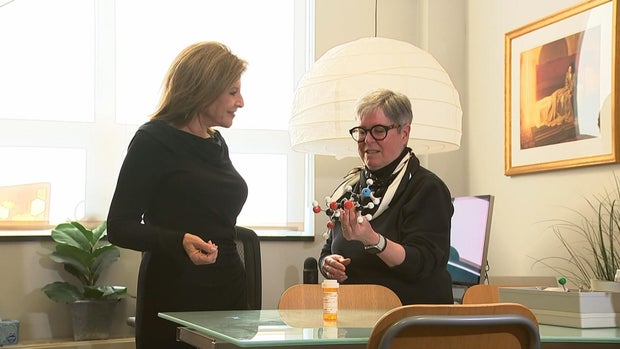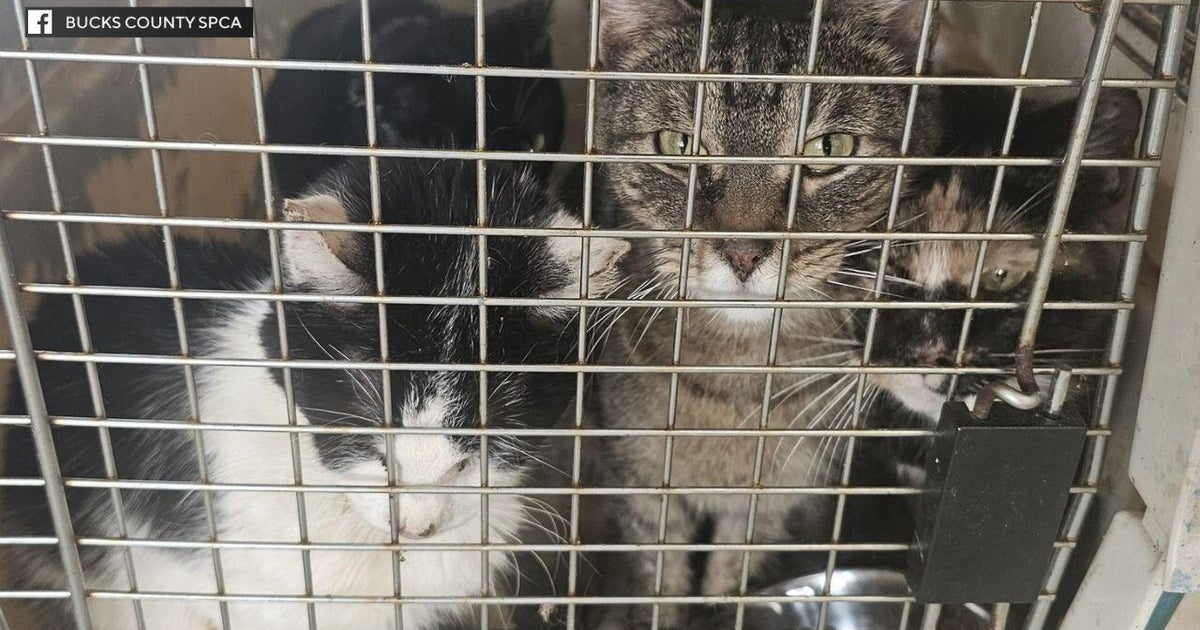Pennsylvania professor concerned about Trump administration's plan to cut medical research funding
After growing concerns, a federal judge has put a temporary hold on the Trump administration's plan to reduce medical research funding. But the National Institutes of Health has lost jobs and there's a slow down on administrative actions.
Doctors say millions of people take medications that resulted from years of research. And there are currently hundreds of potential new treatments in the pipeline.
The pending research cuts have many worried, including a Montgomery County professor who depends on the research.
Equations are always running through Michelle Francl-Donnay's mind at a Bryn Mawr College, where she's a chemistry professor.
Francl-Donnay says her ability to move and work depends on a drug she takes for Parkinson's disease. Without it, she says writing a simple equation on a board would be impossible.
The drug L-Dopa is the standard of care for treating the degenerative disease.
"Without it, I would be disabled," Francl-Donnay said. "For me, it's really given me back my life."
The drug is made from a molecule she admires, calling it magic. But it took years of research to develop.
"Research isn't something where you know, oh, I'm gonna design a drug and make the molecule and I know automatically what this will do," she said. "It's sort of like wandering around and exploring new worlds."
Those research worlds are bracing for funding cutbacks as the Trump administration wants to slash what White House spokesperson Kush Desai calls wasteful spending.
"Contrary to the hysteria, redirecting billions of allocated NIH spending away from opaque administrative expenses means there will be more money and resources available for legitimate scientific research, not less," Desai said.
Francl-Donnay disagrees.
"We'll lose a whole generation of ideas and thoughts and drugs and treatments," Francl-Donnay said.
She's angry about the pending research cuts that she thinks will impact millions of families.
"Shingles, Crohn's disease, cancer, Parkinson's, Alzheimer's. The things that change lives are what's happening in these labs," she said. "Without it, we wouldn't have those treatments. And those touch really everybody."
And it's not just treatments at stake, she's worried that life saving cures could be lost too.
Understanding that science and medicine are complicated and advances take time, she's hoping time doesn't run out.
CBS News Philadelphia has reached out to Penn and CHOP, who receive big funding grants from NIH. They declined on camera interviews but said they're monitoring the situation and hope to protect the invaluable research funding that comes from the government.






